Robert Burns and Folklore
Robert Burns was born on the 25th January 1759 during the ‘Age of Enlightenment’ but also in a time when the country superstitions and supernatural beings were an integral part of folk belief. The landscape of Burns’ was one where the natural rhythms of nature were much more intertwined in the day to day of working life.

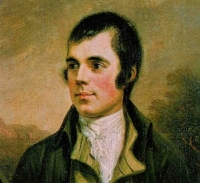
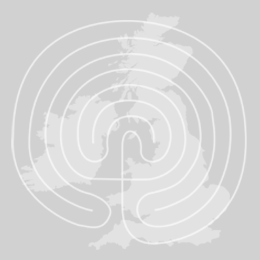
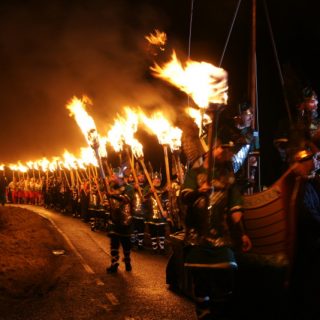
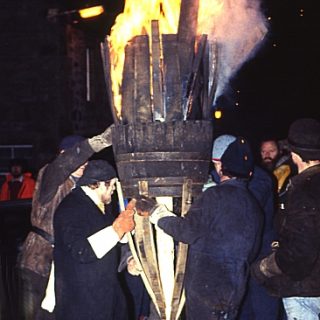
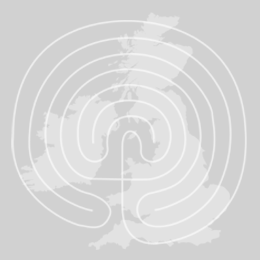
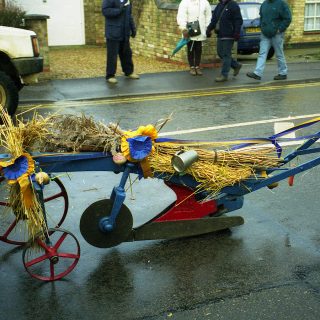
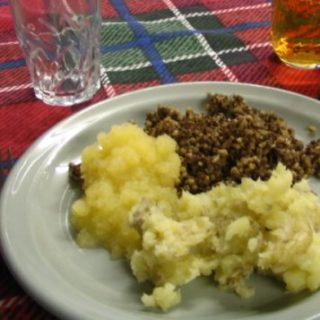
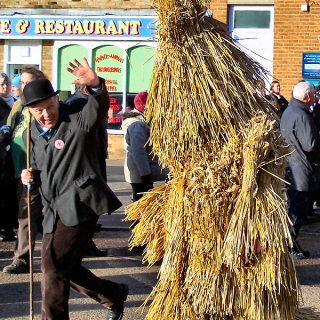
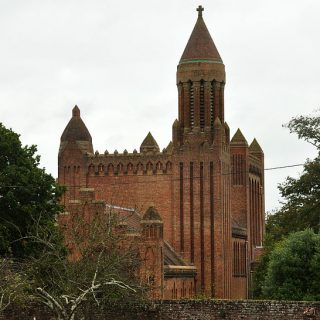
Recent Comments